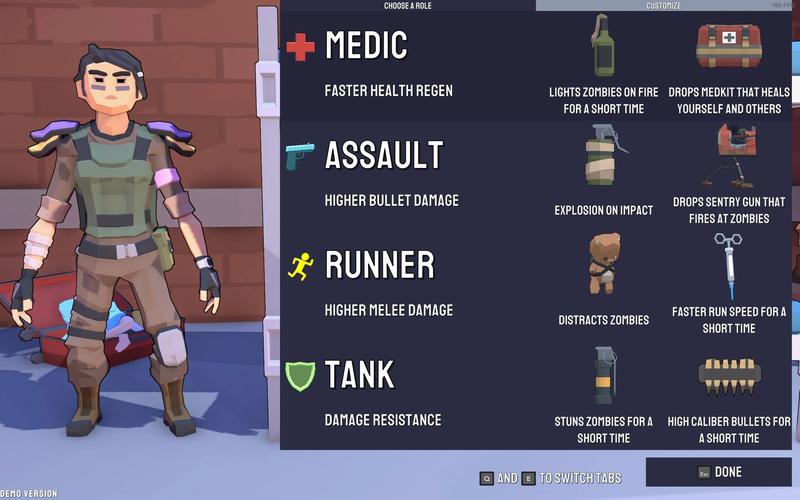
Understanding the Concept of “Get Paid”
Have you ever wondered what it truly means to “get paid”? Whether you’re an employee, a freelancer, or simply someone looking to understand the financial side of work, understanding the concept of “get paid” is crucial. In this article, we’ll delve into the various dimensions of this term, providing you with a comprehensive understanding.
What is “Get Paid”?
“Get paid” is a phrase that encompasses the act of receiving compensation for your work. This compensation can come in various forms, such as salary, wages, fees, or commissions. It’s important to note that “get paid” can apply to both full-time and part-time employment, as well as freelance work.

Types of Compensation
Let’s take a closer look at the different types of compensation you might receive:
| Type of Compensation | Description |
|---|---|
| Salary | A fixed amount of money paid to an employee on a regular basis, such as monthly, bi-weekly, or weekly. |
| Wages | Payment for work done, often hourly or daily. |
| Commissions | Payment based on a percentage of the sales or revenue generated. |
| Freelance Fees | Payment for services rendered by a freelancer, usually agreed upon before the work begins. |
| Bonuses | Additional payment given to an employee for achieving certain goals or milestones. |
How to Get Paid
Now that we understand the different types of compensation, let’s explore how you can get paid:
-
For salaried employees, payment is typically processed through direct deposit or a check.
-
Wages are usually paid in cash or through direct deposit.

-
Freelancers may receive payment through various methods, such as PayPal, bank transfers, or checks.
-
Commissions are often paid after the sale or revenue is generated.
Understanding Payroll
Payroll is the process of calculating and distributing wages or salaries to employees. It’s important to understand the following aspects of payroll:
-
Hourly Rates: The amount of money you earn for each hour worked.
-
Salary: The total amount of money you earn for a specific period, such as a month or year.
-
Pay Periods: The time frame for which you are paid, such as weekly, bi-weekly, or monthly.
-
Taxes and Deductions: The amount of money withheld from your paycheck for taxes, insurance, and other deductions.
Get Paid on Time
It’s crucial to ensure that you receive your payment on time. Here are some tips to help you get paid on time:
-
Keep track of your pay schedule and deadlines.
-
Communicate with your employer or client if there are any issues with payment.
-
Understand your rights and legal protections regarding payment.
Get Paid for Your Work
Receiving payment for your work is essential for maintaining financial stability and recognizing your efforts. By understanding the various aspects of “get paid,” you can ensure that you’re compensated fairly and on time.


